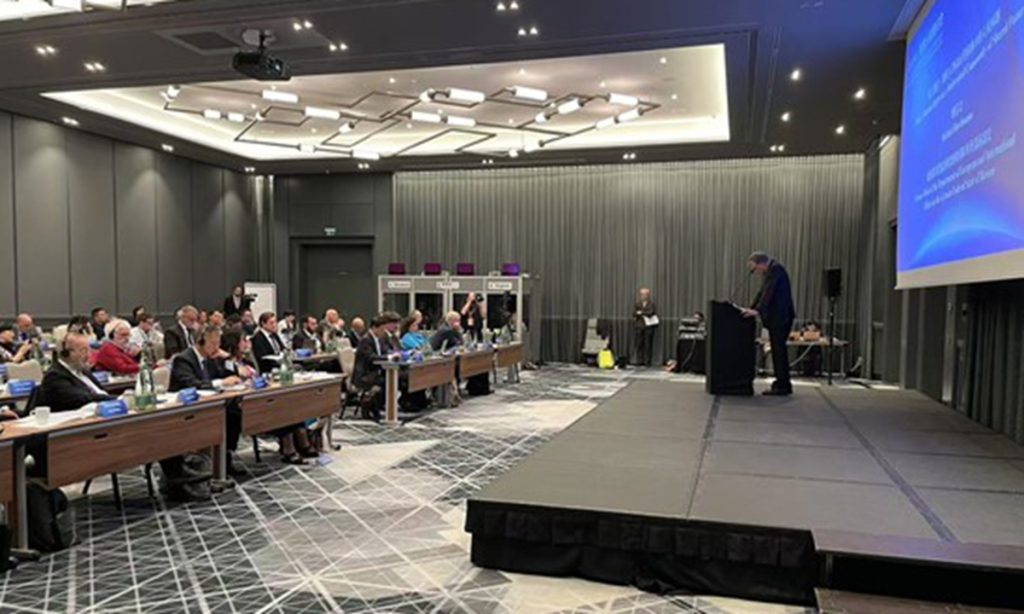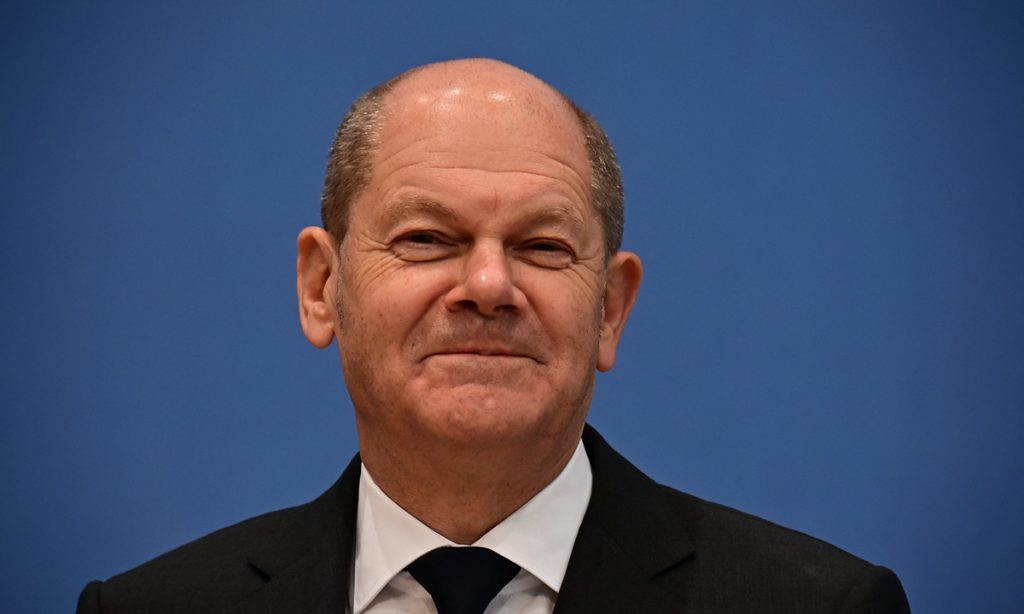Scholars gather in Berlin to discuss protection of new and emerging rights

Technological advancements have profoundly transformed the global governance system, making the protection of emerging rights a critical issue with significant implications for human society, said experts on Tuesday, as international scholars gathered in Berlin for the 2024 China-Europe seminar on human rights to discuss ways for safeguarding these rights, while emphasizing that global challenges associated with emerging rights require collective action from all nations, rather than relying on individual countries.
Over 60 scholars from 16 countries attended the Tuesday event. The seminar, themed "The Protection of New and Emerging Rights: Views from China and Europe," was hosted by the China Society for Human Rights Studies and Central South University, based in Changsha, Central China's Hunan Province. The organizers include Central South University's Human Rights Center, the Berlin-based German and Chinese Culture Foundation - Stiftung Deutsche und Chinesische Kultur, with the support of Germany's University of Munster and the International Institute of Philosophy.
Berlin, a culturally diverse and inclusive city, plays a crucial role in European human rights history, and hosting this seminar on the protection of new and emerging rights underscores the shared commitment of both civilizations in addressing emerging rights, Ma Huaide, president of the China University of Political Science and Law, said in his keynote speech at the seminar.
"To protect emerging rights, we must move beyond narrow geopolitical thinking and advance true multilateralism in global human rights governance, Ma said, noting that as China and Europe both have unique traditions in human rights protection, "our cooperation is essential in addressing challenges to the emerging rights and fostering new pathways and new mechanisms for the global human rights movement,"
During Tuesday's seminar, scholars discussed topics such as the widening gap in social rights and wealth caused by globalization, the challenges posed by the intersection of digital technology, particularly artificial intelligence, and human rights, and how to balance the rights of individuals, society and nature to achieve sustainable development.
Some expressed concerns about the negative impact of geopolitical factors on human rights, highlighting how politicizing these issues harms the diversity of human rights and undermines global governance.
Zeng Fanhua, Minister to the Chinese Embassy in Germany, said at the seminar that China and Europe have different views on human rights due to variations in history, culture, social systems and economic development, which is normal. The key is how the two sides address these differences.
Ongoing dialogue between government departments and regular exchanges among think tanks and scholars in China, Germany and the EU are beneficial. The goal should be to foster understanding and respect on an equal footing, rather than to confront one another, said Zeng, noting that China welcomes constructive suggestions for improvement from the international community, including Europe, but opposes the politicization of human rights or engaging in double standards by certain countries, as well as attempts to interfere in China's sovereignty.
It is probably impossible to speak about human rights without addressing the immediate danger to the very existence of the entire human species - war in Ukraine and war in the Middle East, which risk escalating into a global nuclear war, said Helga Zepp-LaRouche, founder and President of German-based think tank the Schiller Institute.
The highest priority for all people must be to rise above geopolitics and the notion that nations or groups can impose their interests on others by any means is fundamentally flawed, according to the expert.
Compared to past discussions on human rights between China and European countries, which often centered on topics on China's Xinjiang and Xizang regions, this year's seminar addressed more practical and newer issues. Mao Junxiang, Executive Director of the Human Rights Research Center at Central South University and a law professor, highlighted that this shift reflects China's more proactive and confident stance on human rights.
"Previously, we defended against Western media's smears over China's Xinjiang and Xizang regions. Now, we are taking the initiative to lead discussions on emerging rights and showcase China's achievements in this area. This also underscores our consistent opposition to the politicization, instrumentalization and weaponization of human rights by certain Western countries," Mao said.
